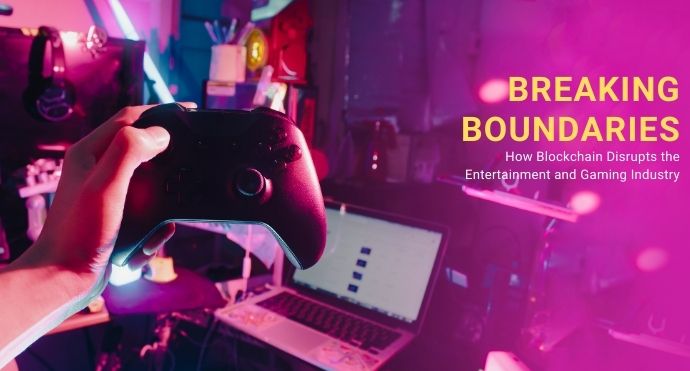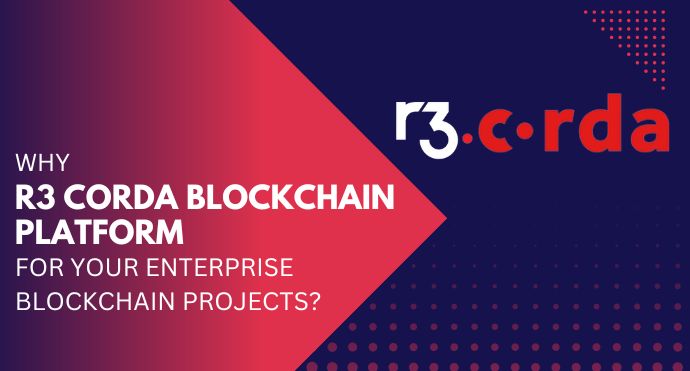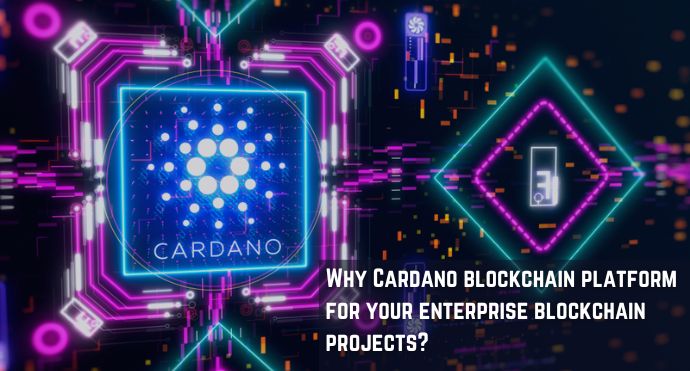The entertainment and gaming industry is constantly evolving, driven by technological advancements and the ever-changing demands of users. While existing technologies have played a significant role in addressing pain points within the industry, there is a growing need to explore the potential of blockchain technology. Blockchain, with its unique features and capabilities, has the power to revolutionize the industry by providing innovative solutions to longstanding challenges. In this blog, we will delve into the benefits of exploring Proof of Concept (PoC) and Minimum Viable Product (MVP) initiatives using blockchain technology and how they can unlock new possibilities in the entertainment and gaming ecosystem.
“The integration of blockchain in entertainment and gaming will redefine the relationship between creators and users, empowering both parties and unlocking new levels of collaboration.” – Lindsay Lohan
Addressing Pain Points and Unlocking Potential:
The entertainment and gaming industry faces several pain points, including digital rights management, payment inefficiencies, and asset ownership. While existing technologies have made strides in mitigating these issues, blockchain brings a new level of transparency, security, and decentralization that can significantly enhance their resolution. By exploring Proof of Concept (PoC) and Minimum Viable Product (MVP) initiatives with blockchain technology, organizations can specifically target these pain points and showcase the potential for a more efficient, secure, and fair ecosystem.
Enhanced Digital Rights Management and Asset Ownership:
One of the significant pain points in the industry is the lack of true ownership and control over in-game assets. Blockchain’s decentralized and immutable nature allows for the establishment of genuine ownership, enabling players to securely buy, sell, and trade virtual items independent of game publishers. By exploring a blockchain-based PoC or MVP, companies can unlock the benefits of asset ownership, fostering a vibrant player-driven economy.
Streamlined Payments and Transparent Rewards:
Blockchain’s transparent and decentralized ledger provides an opportunity to revolutionize payment systems and rewards distribution. With blockchain, transactions can be conducted directly between players and content creators, eliminating intermediaries and reducing fees. Through a PoC or MVP, organizations can demonstrate the efficiency, transparency, and security of blockchain-based payment systems, ensuring fair compensation for content creators and fostering trust within the ecosystem.
Community Engagement and Future-Proofing:
Blockchain offers unique possibilities for enhanced community engagement within the entertainment and gaming industry. By leveraging blockchain-based platforms, organizations can incentivize participation, reward contributions, and empower players to influence game development decisions through decentralized autonomous organizations (DAOs). Exploring a PoC or MVP allows organizations to test and refine these community engagement mechanisms, creating a more immersive and collaborative experience for users.
Conclusion:
In a rapidly evolving industry like entertainment and gaming, it is crucial to explore emerging technologies to tackle persistent challenges and enhance user experiences. Blockchain technology, with its unique features of decentralization, transparency, and security, holds immense promise. Through Proof of Concept (PoC) and Minimum Viable Product (MVP) initiatives, companies can assess the effectiveness of blockchain in resolving pain points such as digital rights management, payment inefficiencies, and lack of ownership. By embracing blockchain exploration, the industry can pave the way for a more transparent, fair, and engaging ecosystem that caters to the evolving needs of players and content creators.
According to a report by MarketsandMarkets, the global blockchain market in the entertainment industry is projected to reach $1.57 billion by 2026, growing at a CAGR of 52.1% from 2021 to 2026[^1^]. A survey conducted by Newzoo revealed that 52% of gamers are interested in owning and trading in-game items using blockchain technology[^2^]. The World Intellectual Property Organization (WIPO) reported a 45% increase in the number of blockchain-based patent filings related to digital rights management in the entertainment industry from 2019 to 2020[^3^].
Transparency Market Research estimates that the global digital rights management market will reach $9.8 billion by 2026, driven by the need for secure and transparent management of digital assets in the entertainment and gaming sector[^4^]. According to a study by Accenture, blockchain can potentially reduce administrative costs for cross-border royalty payments in the entertainment industry by up to 40%[^5^]. SuperData Research predicts that the global in-game virtual goods market will reach $200 billion by 2023[^6^].
In a survey conducted by Deloitte, 84% of respondents from the media and entertainment industry agreed that blockchain has the potential to bring significant benefits to digital rights management and intellectual property protection[^7^]. A study by Statista revealed that 72% of consumers believe that blockchain technology can improve the security of online gaming platforms and protect against fraud and cheating[^8^]. According to a report by Juniper Research, implementing blockchain for in-game asset ownership and trading could save the gaming industry over $50 billion in fraud-related costs by 2025[^9^]. The Blockchain Game Alliance reported a 91% increase in the number of blockchain-based games and gaming platforms in 2020[^10^].
By incorporating these statistics, we can see the market potential, industry trends, and the benefits that blockchain technology brings to the entertainment and gaming sector. In the not-so-distant future, blockchain will reshape the entertainment and gaming landscape, heralding an era where transparency, fairness, and the true value of virtual assets become the pillars of an industry built on trust and empowerment. Embrace this transformative potential and embark on a journey that unlocks new horizons in the entertainment and gaming industry.



